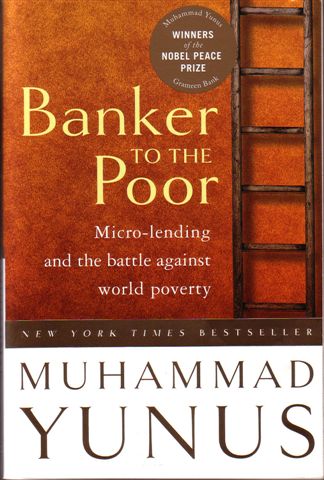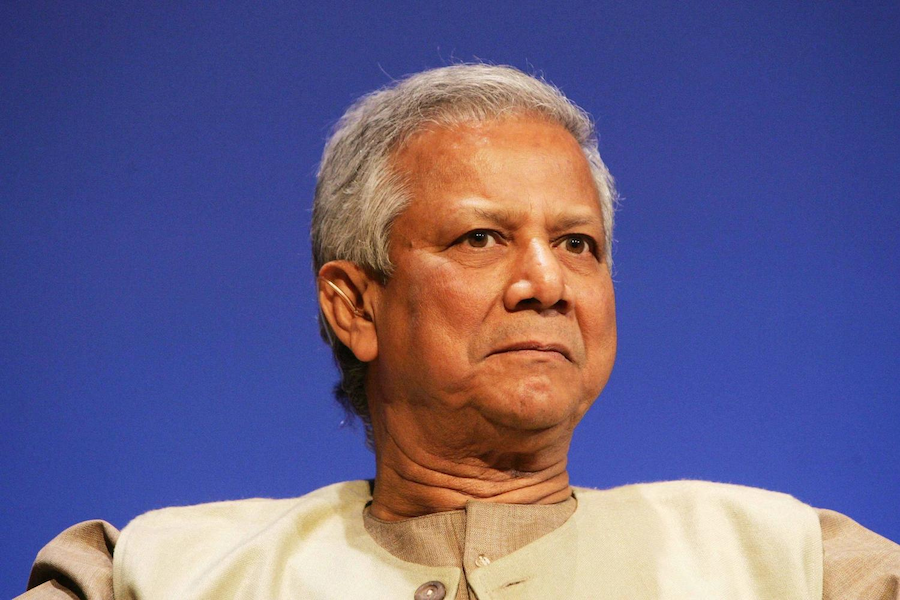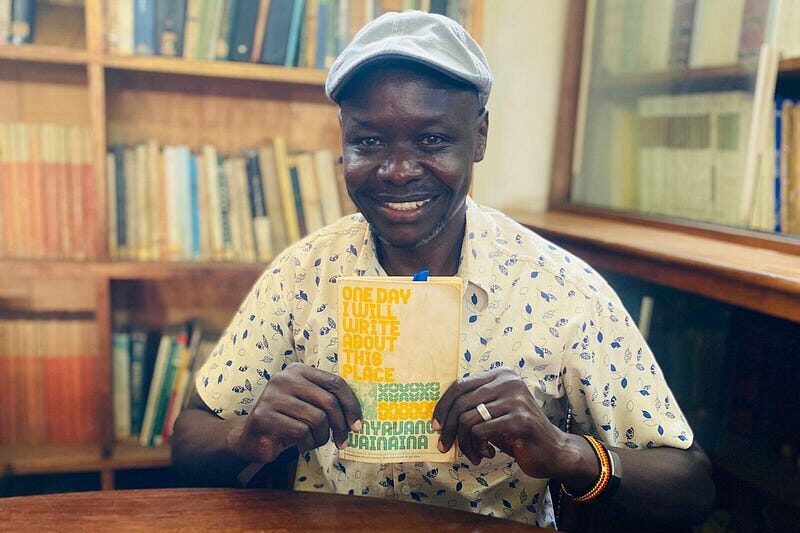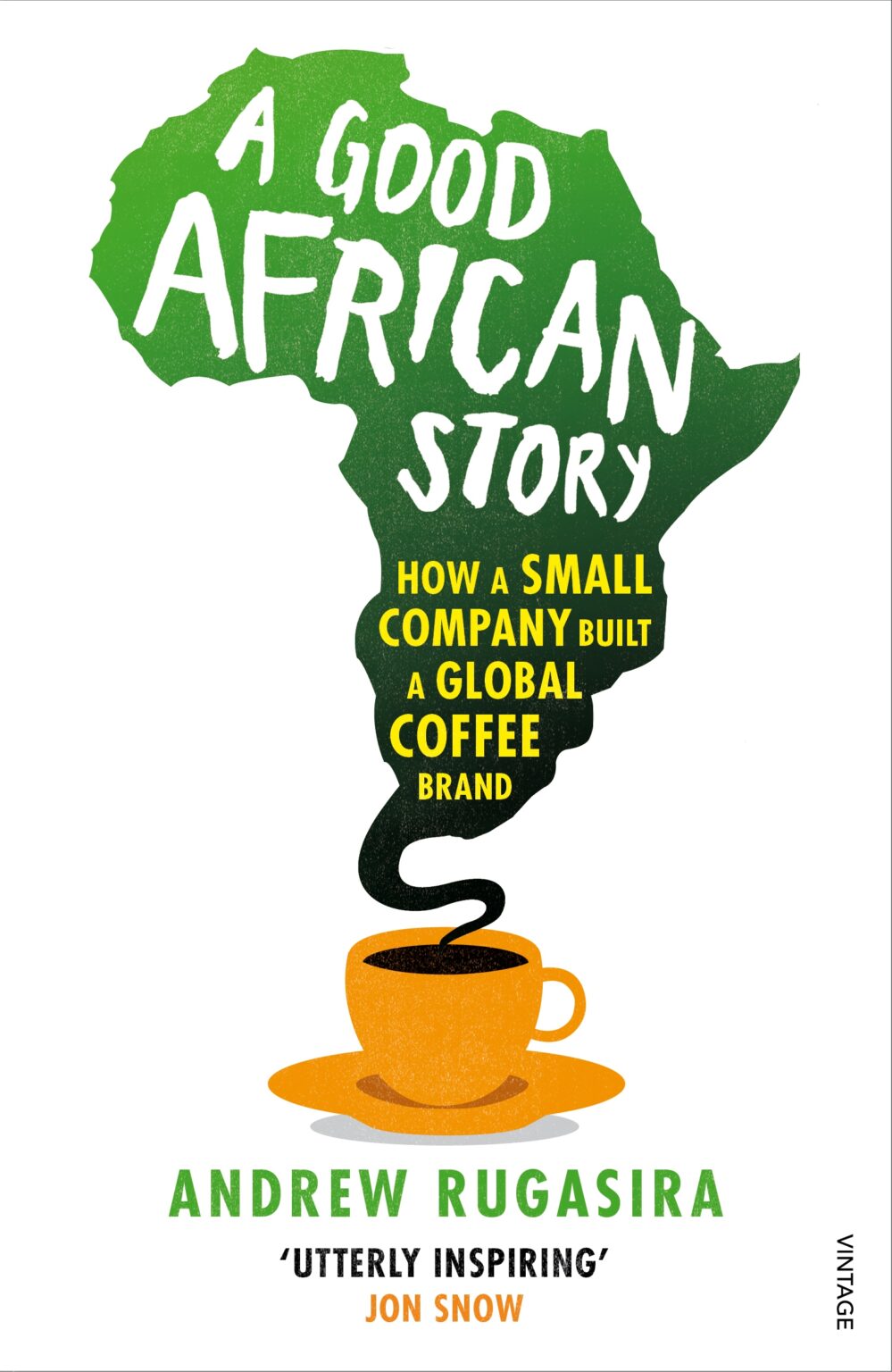
This is a heartfelt account from the original custodian of an idea that has been the most revolutionary as regards poverty reduction and eradication.
This book documents the journey of Muhammad Yunus and the Grameen bank’s micro financing model right from its conception in poverty riddled Bangladesh to its rapid replication in several developing countries. This is a heartfelt account from the original custodian of an idea that has been the most revolutionary as regards poverty reduction and eradication. It was crafted around extending credit to poor village women who were previously under the bondage of ruthless village loan sharks and stultifying marital obligations.
Grameen sought to eject this vicious reality that had condemned Bangladeshi women to biting poverty. This was a herculean task, needless to say, given the cultural context whose stipulations did not accommodate women being financially secure and independent because of what it could portend for marriages.
Thankfully, the erudite exhibitionism that is characteristic of most academics’ writings is conspicuously absent. This makes the book readable for anyone.
The unpopularity of women empowerment was the least arduous task he had to navigate. The duplicity of multi lateral agencies such as the World Bank in awarding loans to poverty eradication schemes such as this was a huge encumbrance. Professor Yunus however was not shy about exposing the shameless double standard of the World Bank.


All in all, it is a remarkable story about the triumph of intent against seemingly insurmountable odds like limited resources, political blockades, cultural repulsion to still deliver transformation in a big way, touching the lives of many, and changing them permanently. Thankfully, the erudite exhibitionism that is characteristic of most academics’ writings is conspicuously absent. This makes the book readable for anyone. It comes highly recommended.
**** 4 stars



